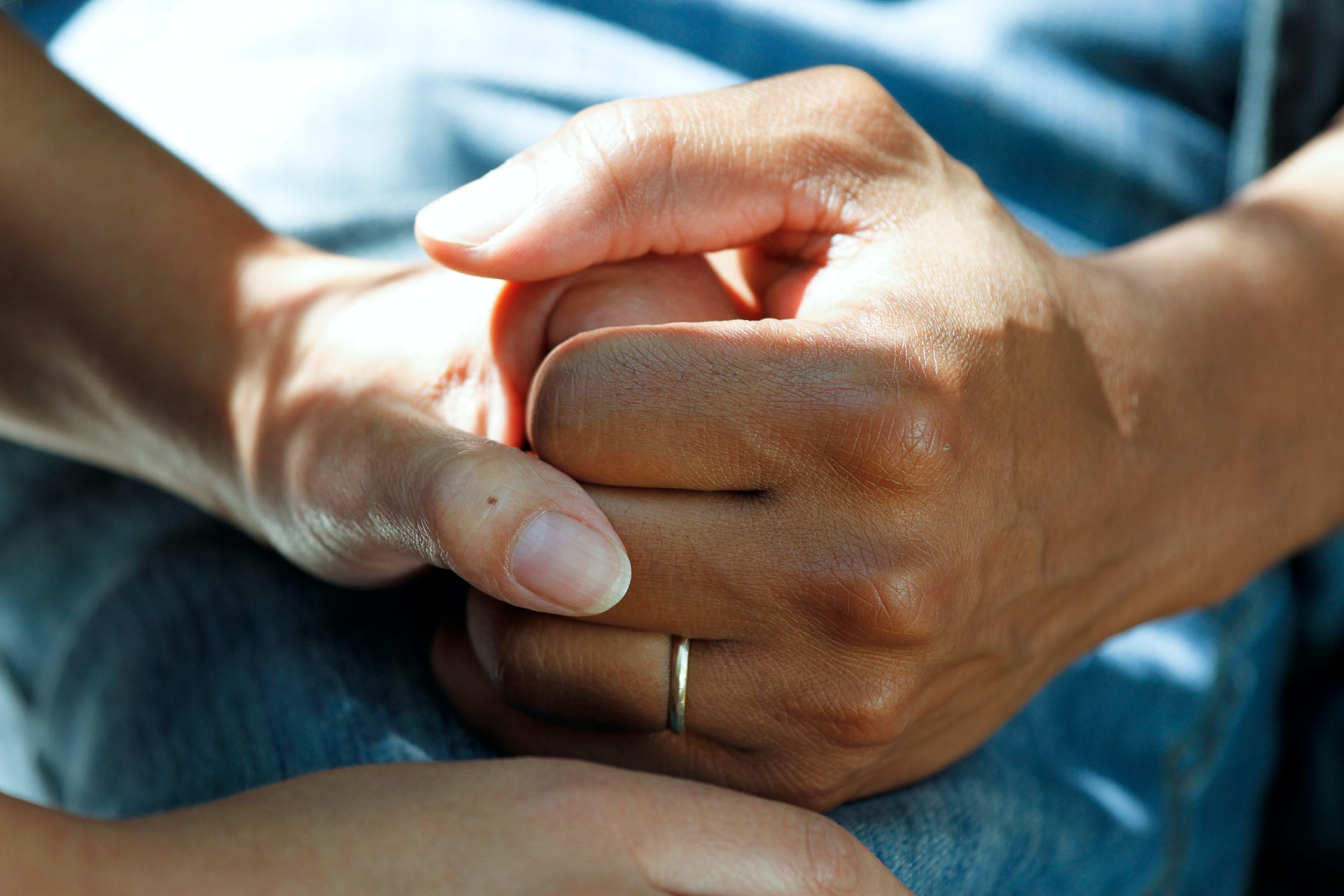Battling a health crisis may seem like an individual experience, but as those who’ve known the battle will tell you, it’s one you don’t have to conquer alone.
Depending on the health crisis you may be facing, there will be a slew of medical and professional caregivers, and those individuals rightfully receive heaps of gratitude. But the lesser known heroes of health, our caregivers, are often left out of the conversation on healing.
“We often take the role of a caregiver for granted,” says Dr. Richard Besser. “But it’s an incredibly important role.”
In 2017, as a 21-year-old college senior, I discovered the value of this role when I was handed a cancer diagnosis. It’s news that comes with a variety of new emotions, but particularly, it had me believing there was a truckload of weight I’d be pulling for myself just to regain my health, peace of mind and survival. I’m happy to report that I was wrong. Yes, I had an obligation to be strong for myself and focused on my health, but, like some inexplicable gift from the sky, I soon discovered I wouldn’t be doing it on my own.
Who pulled my weight with me? Caregivers, both large and small (it all adds up!) Particularly, there are those in that role who go above and beyond and – let me tell you – these are the people who make your battle tolerable, manageable and even laughable, just when you need it.
During my cancer journey, I made an early choice to keep my diagnosis as private as I could. As a college student living on campus, I was intent on maintaining even just a glimmer of normalcy. But there was one dear mentor of mine who, upon finding out about my health status, offered her unconditional care and support. I don’t know why or how, but it turned out I would be needing her support more than I even knew. With family that lived far and few friends available on the day-to-day to join me for doctors’ appointments or hospital visits, Melanie, a retired advisor with my university, became what I like to think of as my wellness advocate.
“It takes a person who’s got love, but may not have medical experience, and turns them into a medical professional whose job is to keep you safe,” says Dr. Richard Besser.
Everywhere we went, Melanie carried her calendar book with her to jot down all appointments and follow-ups for scans and stays, spanning the entirety of my seven-month journey. She attended all visits with me (always asking for my permission beforehand, which is a thoughtful way for caregivers to ensure they aren’t crossing any boundaries). Together, Melanie and her husband also set aside time outside of treatment, just to focus on connection, joy and other pieces of life that still remained.
One afternoon, Melanie brought me a large white three-ring binder and together we organized the overflowing pile of after-visit summaries, printed guides and hospital notes, all aiding to take some of the bigger management pieces of a health battle off my chest. It may sound minor, but just having someone sit with you and sort through mundane medical papers on the quiet days is a stress reliever. It was one less hike up the rollercoaster ride to climb alone.
As Robin Roberts has said of her own health battles, sometimes you just have to step aside and let others do the fighting for you. She frequently credits her sister Sally-Ann as going above and beyond in the caregiver category.
But what does it mean to step aside and let others fight? Should you step down, or stop believing in your health? Not at all. It just means that the weight of the health battle isn’t on you have to, or should, push by yourself. It is never that you lack the strength or tenacity to take your health into your own hands, believing in your ability to heal is a key piece of the health puzzle. But in tandem, we are even stronger.
Strength is an important piece to the health mix that’s also misunderstood. Emotional strength does not come on only one variety. It can be manifested through a number of ways. One of the the most overlooked ways of deriving strength is through others who, although not experiencing the same symptoms as you, still want to pick up the baggage on those days you simply can’t. When we pause and look closely, there are others who would be happy to offer their own strength and the more of it, the merrier.
Having known a great caregiver of my own, I learned that it is ok to step back, recognize your need for support, and welcome it in when it suddenly lands upon you – and it will! When we open our arms up to the care and support we seek, it will find its way, rest assured.
I could write many a more paragraph on the steps Melanie took to help me reach my current state of restored health, but we’d have a book on our hands. Fortunately, there is a treasure trove of resources on best practices for those looking for more steps. At the start of the chemotherapy journey, Melanie printed on online guide for givers, provided by a man who helped his father through a cancer battle. Among the many books her and I also turned to for a good road map include Life Lessons (a classic), The Empower of All Maladies and You Can Heal Your Life, all of which concurrently provide great insight for those offering care and support.
My experience has taught me never to underestimate the lifeline relationship of a friend or family member turned caregiver. And the best part? The pay-it-forward effect. Now that someone has directly shown me how to really be there through the toughest times, I know exactly how to channel Melanie and do the same when the bell sounds.


